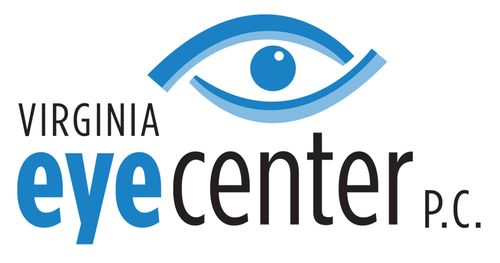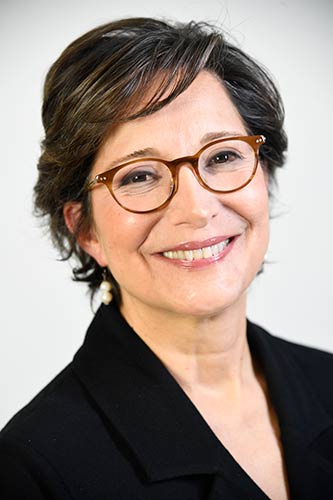
Since 1994, Virginia Eye Center, P.C. has been delivering state-of-the-art eye care to Loudoun County and surrounding areas. In an era where old fashioned "bedside manner" is hard to find, our true passion is for our patients. We strive to embody our EPICC core values- Excellence, Positivity, Integrity, Compassion and Collaboration. In addition, our board-certified doctors have successfully completed thousands of surgical procedures and are well known for their surgical excellence. We use the latest equipment, technology and minimally invasive techniques to provide exceptional medical and surgical care including treatment of cataracts, glaucoma, dry eye, general eye diseases and contact lens fittings. Our goal is to deliver an EPICC experience to you!

Niloo Ziai, MD
Glaucoma, General Ophthalmology

Sarah Merrill, MD
General Opthalmology, Botox

Soo Shin, MD
General Ophthalmology & Corneal Diseases

Ruby Parikh, M.D.
General Ophthalmology, Cataract Surgery & Uveitis

Mohib Khan, MD
Glaucoma, Glaucoma Surgery, General Ophthalmology & Cataract Surgery

Christina Chang, MD
General Ophthalmology, Cataract Surgery, Medical Oculoplastics

Elaine Bourdeau, OD
Optometry, Contact Lenses
Overtime, cataracts can progress to a point where you are no longer able to see clearly and surgery is necessary. Patients will notice blurred vision, trouble seeing at night, light sensitivity and other symptoms which will make driving, reading and enjoyment of recreational activities more challenging. At this time, cataract surgery is reasonable.
Do you think that you might be suffering from cataracts?
Dry eye syndrome is a common disease in which the eye under-produces tears or tears leave the eye too quickly. A normal functioning eye constantly produces tears to form a tear film, which acts as moisturizer and lubricant. For someone with dry eye, the resulting lack of moisture and lubrication can cause a variety of problems.
Do you believe you suffer from Dry Eye?
For patients who wish to look and feel younger, our physicians offer Botox injections. These injections can also help treat certain medical conditions.
Are you interested in learning more about Botox?